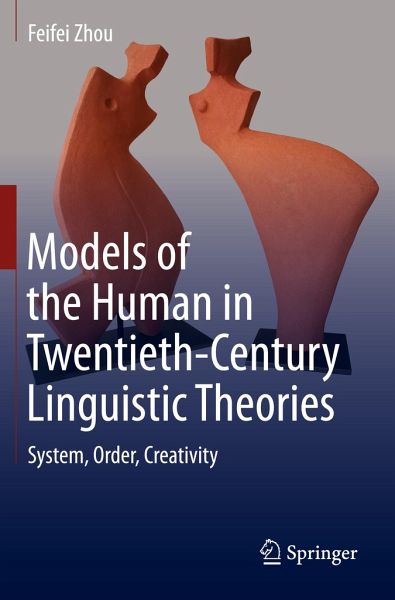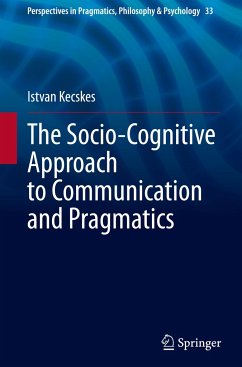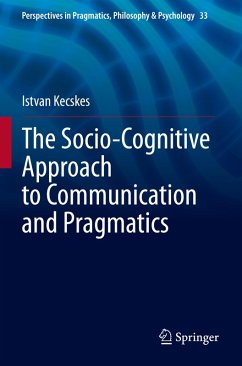
Models of the Human in Twentieth-Century Linguistic Theories
System, Order, Creativity
Versandkostenfrei!
Versandfertig in 6-10 Tagen
76,99 €
inkl. MwSt.
Weitere Ausgaben:

PAYBACK Punkte
38 °P sammeln!
This book provides a refreshingly new perspective for investigating linguistic texts, which foregrounds models of the human. It presents a close reading of major linguistic theories in the twentieth century with a focus on three main themes: linguistic system and the individual speaker; social order; and linguistic creativity. The examination of these three fundamental themes concerning language and human nature, on the one hand, provides a fine-textured exposition on the implicit and explicit models of human nature endorsed by major theorists; on the other, it reveals the methodological dilem...
This book provides a refreshingly new perspective for investigating linguistic texts, which foregrounds models of the human. It presents a close reading of major linguistic theories in the twentieth century with a focus on three main themes: linguistic system and the individual speaker; social order; and linguistic creativity. The examination of these three fundamental themes concerning language and human nature, on the one hand, provides a fine-textured exposition on the implicit and explicit models of human nature endorsed by major theorists; on the other, it reveals the methodological dilemmas faced by linguistics. In light of the fact that the importance of considering posthumanist ideas is increasingly being underscored today, both within and outside linguistics, this focus on the human makes the book highly topical.














